On Friday, Nov. 15, 2024, the U.S. District Court for the Eastern District of Texas vacated and set aside the Department of Labor’s April 2024 rule raising the minimum salary amount that would qualify employees as exempt from overtime. This injunction applies nationwide to all employers.
So, what exactly does this mean for employers? First of all, it means that the increase of the minimum salary for the so-called “white collar” overtime exemptions set for January 1, 2025 – which would have raised the minimum to $1,128/week ($58,656/year) – will not go into effect. Similarly, the DOL’s proposal that this minimum salary threshold be automatically adjusted every three years also will not go into effect. The January 1 increase for the highly compensated employee (HCE) exemption that would have raised this minimum threshold to a whopping $151,164/year also is no more.
The more interesting aspect of the ruling concerns the portion of the rule that actually already went into effect on July 1, 2024, which raised the “white collar” minimum to $844/week ($43,888/year) and the HCE minimum to $132,964/year. Even though this increase has already been the law for four-and-a-half months, because the DOL rule was vacated it is to be treated by courts as if it never went into effect because the DOL lacked the authority to implement it in the first place. Thus, any employers who adjusted their pay practices to comply with the July 1 increase are no longer bound by law to keep those adjustments in place (though trying to “unring the bell” may prove very difficult and harm employee morale). Those employers who never made an adjustment and were technically violating federal law, meanwhile, just lucked into a “get out of jail free” card.
While it is widely expected that the DOL will file an appeal with the Fifth Circuit Court of Appeals, it is largely believed that any such appeal will be dropped once President-Elect Trump takes office in two months, and in any event the prospects for DOL success at the Fifth Circuit are slim.
After this ruling, what should employers do next, if anything? Even though this salary threshold rule appears dead, employers would still be well-advised to perform an audit of their classification of employees as exempt from overtime because the requirement that exempt employees meet certain job duties remains intact. And if an exempt employee does not satisfy the job duties requirement of at least one exemption under the Fair Labor Standards Act, it does not matter how much they are paid or whether they are paid on a salary basis. Plus, it is possible that the Trump Administration issues a revised rule with a lower increase in the threshold like in 2019 when the DOL implemented the current $35,568/year threshold after courts blocked the Obama Administration’s attempt to nearly double the previous threshold to $47,476.
Shannon Gatlin (Board Certified in Labor & Employment Law by the Texas Board of Legal Specialization) and the rest of the Employment Law Practice Group at Cokinos | Young continue to monitor legal challenges to other controversial employment law rules issued under the Biden Administration and stand ready to assist with your employment law needs, including audits of exempt classifications and pay practices.

About Cokinos | Young
Cokinos | Young has led Texas construction and real estate law for over three decades. And today, our 100+ dedicated professionals operate coast to coast and proudly handle all aspects of construction law for owner/developers, project managers, general contractors, design professionals, subcontractors, sureties, and lenders. We provide both dispute resolution and transactional services to clients through all phases of commercial, industrial, pipeline, offshore, civil, and residential construction. Our reputation was built on relentless commitment to client service and the industries we serve, and that remains our primary driver. Dedicated. Resilient. Expertise. That’s Cokinos | Young. Learn more at cokinoslaw.com.





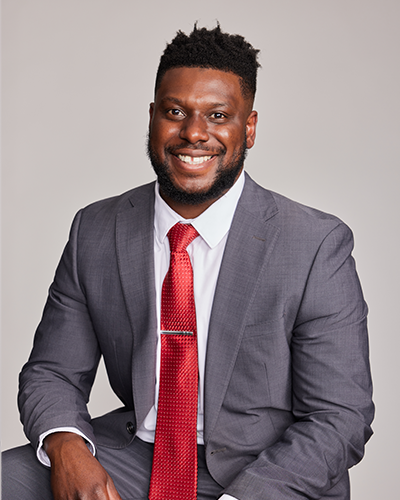
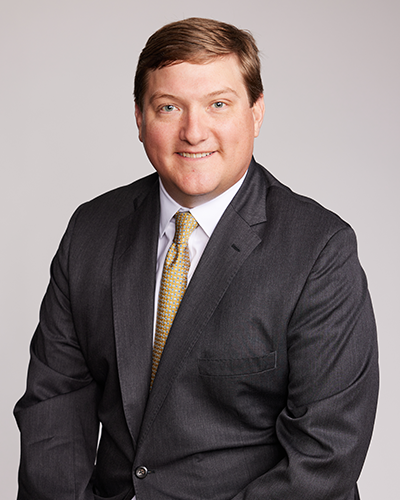


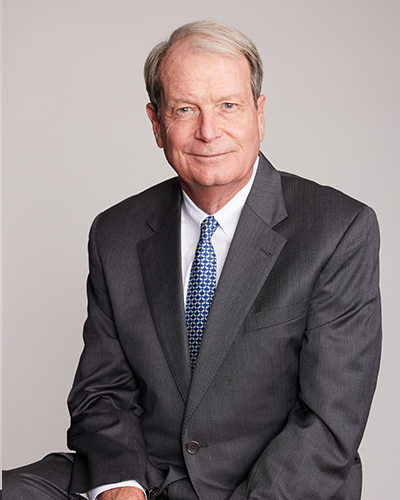







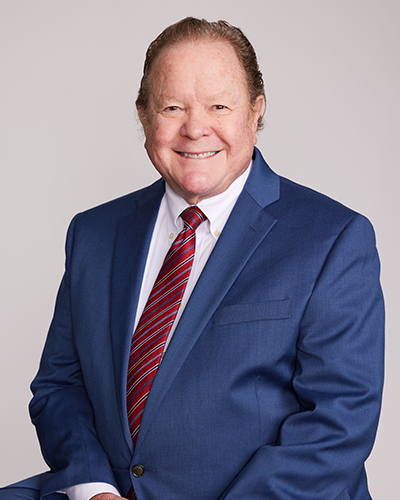









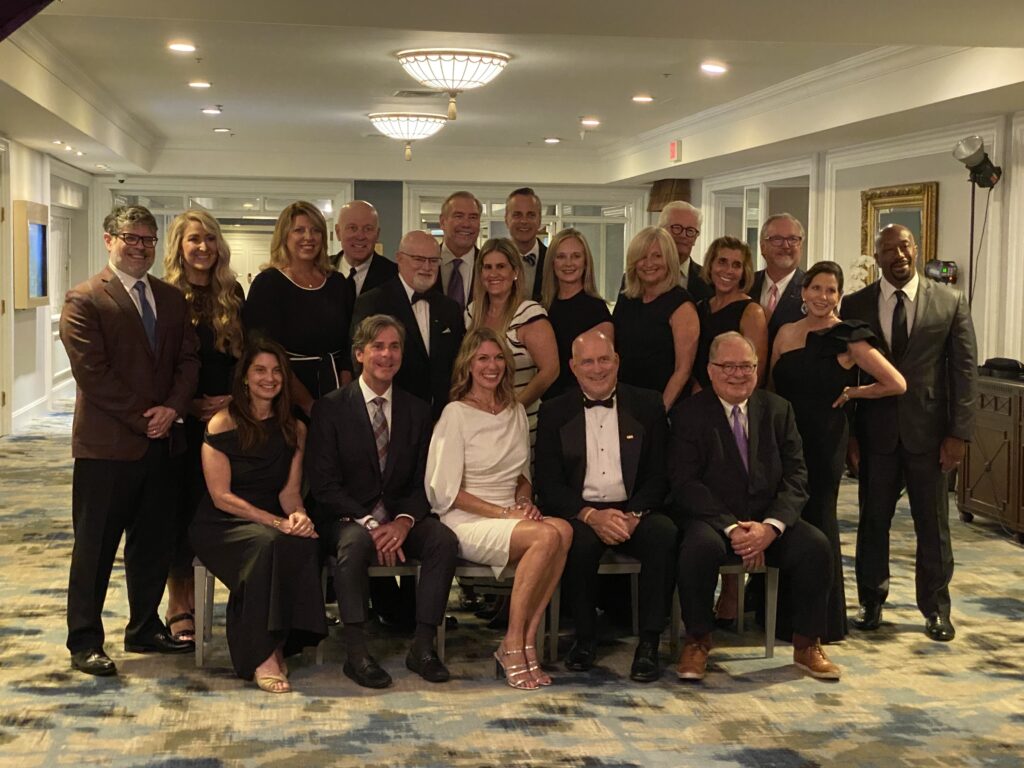

Recent Comments